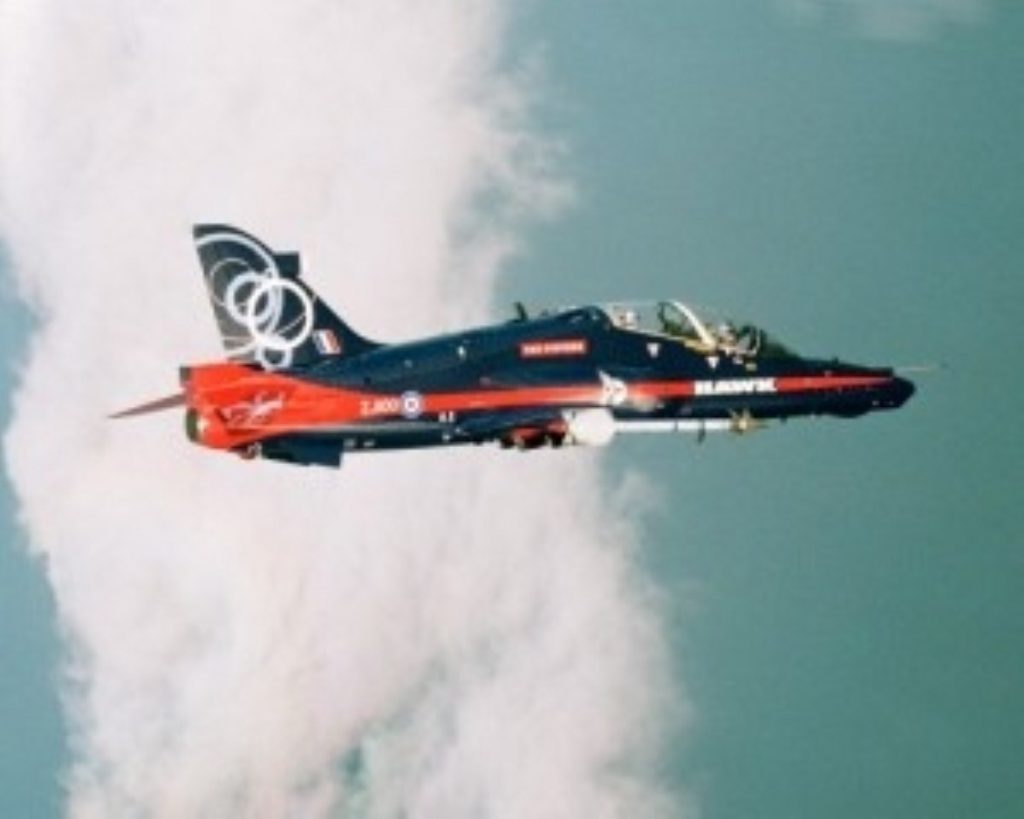BAE boosted by Airbus performance
The defence manufacturer, BAE Systems, has seen increased profits driven by a good performance at Airbus and a confirmed order for fighter planes.
BAE Systems today revealed that in the six months to the end of June 2003, it made a pre-tax profit of £56 million compared to £41 million in the same period a year ago, after financial charges.
The company stated that the UK government’s decision to proceed with the acquisition of new generation Hawk aircraft has removed a major uncertainty. The Indian government has also placed a substantial order for the jet fighter/trainer.
The European aircraft manufacturer, Airbus, in which BAE owns a 20% stake, delivered a solid performance by recording strong sales despite the dip in the commercial aircraft market.


BAE chief executive Mike Turner commented; ‘Despite the continuing difficult commercial aerospace environment, the Airbus management team delivered a strong performance in the first half. The signing in May of the contract for the A400M military transport aircraft will deliver significant benefits to Airbus in the future.’
Sales over the six month period were down to £5.68 billion compared to £5.7 billion in the same period a year ago. The company claimed that it has £46.4 billion worth of orders on its books.
BAE Systems claimed that its performance over the whole of 2003 would be broadly the same as in 2002, before taking account of the exceptional charges last year caused by the acquisition of Advanced Power Technologies, Inc., an engineering research and development firm; and MEVATEC Corporation, a specialist in systems engineering and missile defence.
The company announced that with the move to the new accounting standard FRS 17, its pension deficit increased to £2.5 billion compared to £2.2 billion at the 2002 year end.
The improvement in the stock markets in the first half was said to have been more than offset by reductions in bond yields. At the end of June 2003 the deficit on an FRS 17 basis had reduced to £2.0 billion, as stock markets have improved and bond yields have increased.












